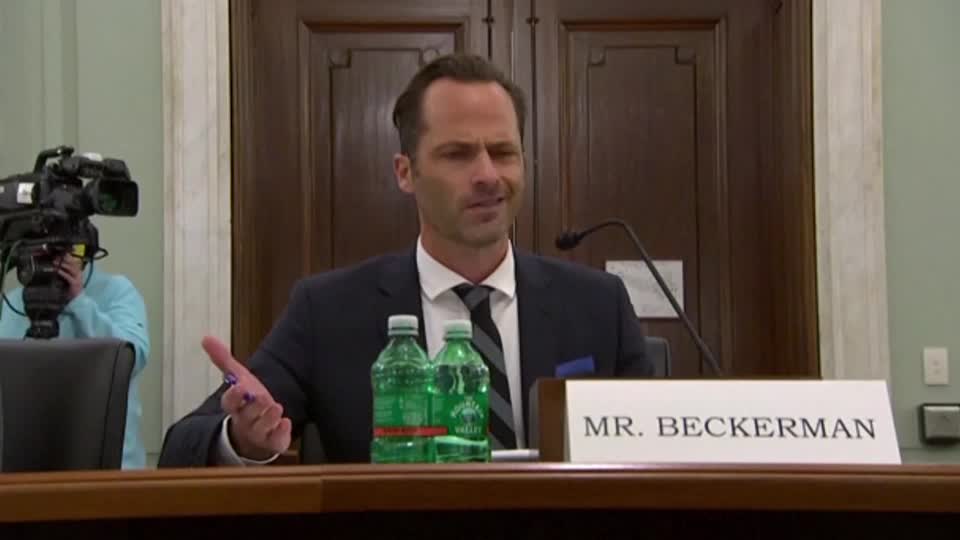
Matt Bush, FISM News
[elfsight_social_share_buttons id=”1″]
In a hearing entitled “Protecting Kids Online: Snapchat, TikTok, and YouTube,” executives from the three social media giants testified about the impact that their social media sites have on children. This subcommittee hearing follows in the wake of the testimony of Facebook whistleblower Frances Haugen who accused the social media giant Facebook of ignoring health concerns in their pursuit of young users.
The focus of the hearing was for the Senate Commerce Subcommittee on Consumer Protection to raise concerns about the negative impact that Snapchat, YouTube, and TikTok can have on children. While Facebook is the largest social media outlet in the world, the three companies represented at yesterday’s hearing are considered more appealing to younger audiences and therefore a greater threat to children.
Richard Blumenthal (D-Conn.), the chair of the committee, summed up one of the major issues of the hearing stating, “More eyeballs means more dollars. Everything that you do is to add users, especially kids, and keep them on your apps for longer.”
The idea is that in order for these platforms to be profitable, they push consumers to spend as much time on their sites as possible, and children are the easiest users to convert. To do this, they focus marketing campaigns, photos, and content to catch the attention of users and then do whatever they can to keep them on their sites regardless of the consequences.
Republicans on the committee, including Sen. Marsha Blackburn and Sen. Ted Cruz, also spent time focusing on privacy issues with TikTok’s parent company in China. After one question to TikTok’s representative, Cruz replied, “That does not give this committee any confidence that TikTok is doing anything other than participating in Chinese propaganda and espionage on American children.”
The subcommittee is made up of both Republicans and Democrats, and in a time when bipartisanship is difficult to come by, both sides agree that big tech and the government have to come together to protect children. The big question is whether government will do that alone or with the help of the companies that need to be regulated.
For their part, all three of the social media reps expressed their concern and said they need to do more to improve safety measures on their platform. They specifically vowed to work on maintaining appropriate content that both fends off predators and fights against the mental health issues that are associated with overuse. However, no specific steps or actions were offered by any of the three platforms represented as to how it would do this.
Sen. Blumenthal, implying that more work needs to be done, said, “I hope that we will look back on this hearing as a turning point, along with others.”
There is still a long way to go in this fight, but all parties involved in the hearings appeared to agree that changes need to be made. The question that still looms is whether these social media giants truly have the best interest of children at heart or if they will continue to pursue the bottom line at their expense.
